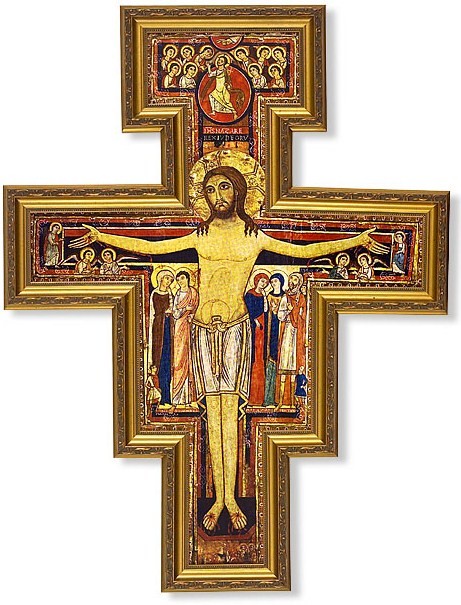Historical Study
 Most people come to find that the New Testament documents afford little historical information about the apostles and the early years of the Church. The details of Peter’s life, especially his later life, are sketchy, for no detailed record has been passed down through the centuries. Luke, on the other hand, one of Paul’s traveling companions, wrote an account of Jesus’ life and also chronicled select portions of Paul’s ministry. Even with Paul’s life, there are long periods of activity about which we are told nothing. Take, for example, the fourteen year period before his return to Jerusalem after his conversion (Gal 2:1)¹, or his two years of house arrest in Rome, or his trip to Spain, or his second journey to Rome, or, of course, his martyrdom. We have precious little information about the other apostles after the day of Pentecost.
Most people come to find that the New Testament documents afford little historical information about the apostles and the early years of the Church. The details of Peter’s life, especially his later life, are sketchy, for no detailed record has been passed down through the centuries. Luke, on the other hand, one of Paul’s traveling companions, wrote an account of Jesus’ life and also chronicled select portions of Paul’s ministry. Even with Paul’s life, there are long periods of activity about which we are told nothing. Take, for example, the fourteen year period before his return to Jerusalem after his conversion (Gal 2:1)¹, or his two years of house arrest in Rome, or his trip to Spain, or his second journey to Rome, or, of course, his martyrdom. We have precious little information about the other apostles after the day of Pentecost.
To illustrate the point further, what do we know with certainty from the Scriptures, about the life and ministry of Thomas, who preached in India, Matthew, who traveled widely, or John, who cared for the Blessed Virgin Mary and oversaw the Churches of Asia? And what of Bartholomew, Philip, Andrew, Matthias, or James the son of Alphaeus? What happened to Lazarus, Jesus’ friend? The New Testament documents afford little historical information about the apostles and the early years of the Church. And consider the whole twelve chapters of Acts cover a whole decade!
The apostles were too busy making history to write about it. Most of the New Testament were written, not to give us a detailed account of the early Church or a manual for Church polity, but to defend the fledgling gospel, to correct a faulty practice, or to commend or rebuke local Churches. Luke informs Theophilus that he compiled his Gospel “so that you [Theophilus] might know the exact truth about the things you have been taught” (Lk 1:4)². Those who accept the doctrine of sola Spriptura and have the attitude that nothing can be known, and nothing matters, outside the text of the New Testament are deprived of much understanding and knowledge about the continuing work of the Holy Spirit among Christ’s flock.
We cannot assume that the silence of the New Testament is an indication that the seldom-mentioned apostles ceased their apostolic ministries after the Ascension of Christ, or that they were not important in the first century and beyond. Of course not. Again, the New Testament was never intended as a complete history of, or manual for, the primitive Church. The Church herself has kept the tradition of the apostles alive and intact, and she has pondered and celebrated it through the centuries.³
[1] Luke 1:4
[2] Galations 2:1
[3] Stephen K. Ray, Author of Upon This Rock









No comments:
Post a Comment